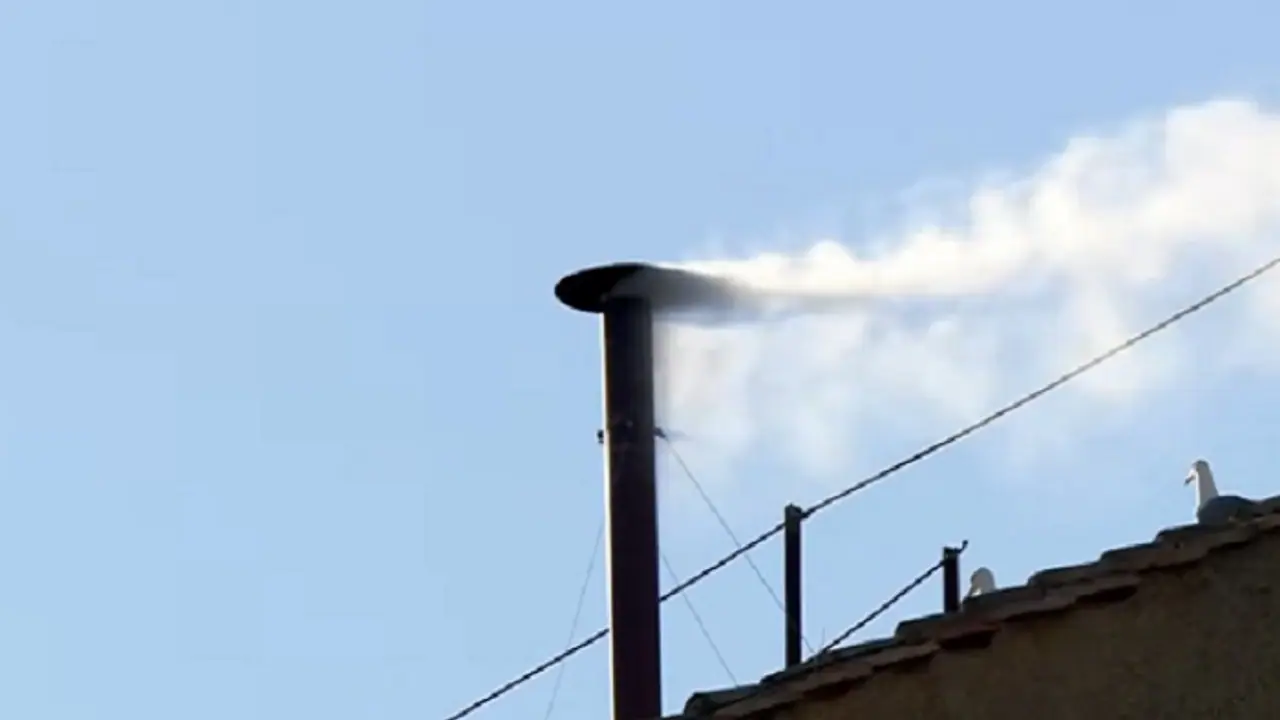The centuries-old signal drew an immediate, emotional response from the throngs gathered in St. Peter's Square.
Thick white smoke billowed from the chimney of the Sistine Chapel on Thursday (May 8), announcing to the world that the Roman Catholic Church has elected a new pope. The symbolic plume, visible above St Peter's Basilica, confirmed that one of the 133 cardinal electors gathered in conclave has secured the required two-thirds majority.

The crowd gathered in St Peter's Square erupted in applause, while the bells of the basilica rang out, confirming that the centuries-old ritual of papal succession had concluded. The identity of the newly elected pope remains under wraps but is expected to be revealed shortly, in accordance with tradition, from the balcony of the basilica with the proclamation: "Habemus Papam" — "We have a pope."
The election came on the second day of deliberations, following the fourth ballot. The new pope is expected to appear soon before the thousands gathered in the square and millions watching globally.
This conclave was called following the death of Pope Francis in April at the age of 88. Francis, who led the Church for over a decade, was known for his reformist agenda, outreach to marginalized communities, and progressive stances on climate change and social justice issues. The majority of cardinals participating in the conclave were appointed by Francis, raising speculation that his successor might continue his pastoral and inclusive approach.
However, the final outcome remains unpredictable. Despite many of Francis's appointees being seen as aligned with his vision, the College of Cardinals represents a broad spectrum of theological and ideological perspectives, including many from countries with conservative social outlooks.
Before the conclave began, several names had emerged as likely candidates. Among them were Cardinal Pietro Parolin, the Vatican's Secretary of State; Cardinal Luis Antonio Tagle of the Philippines, a known reformist; Cardinal Peter Erdo of Hungary, a traditionalist; Cardinal Robert Sarah of Guinea, a vocal critic of Francis's reforms; and US Cardinal Robert Prevost, considered a moderate.


